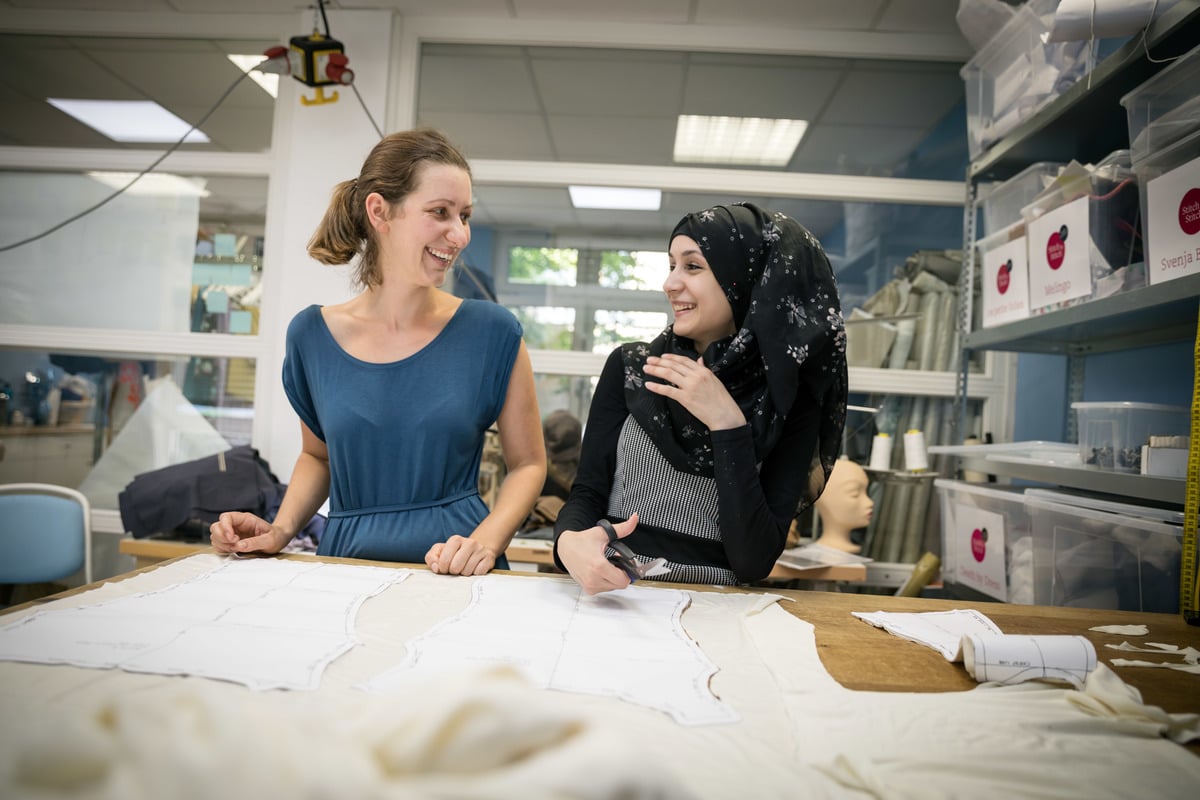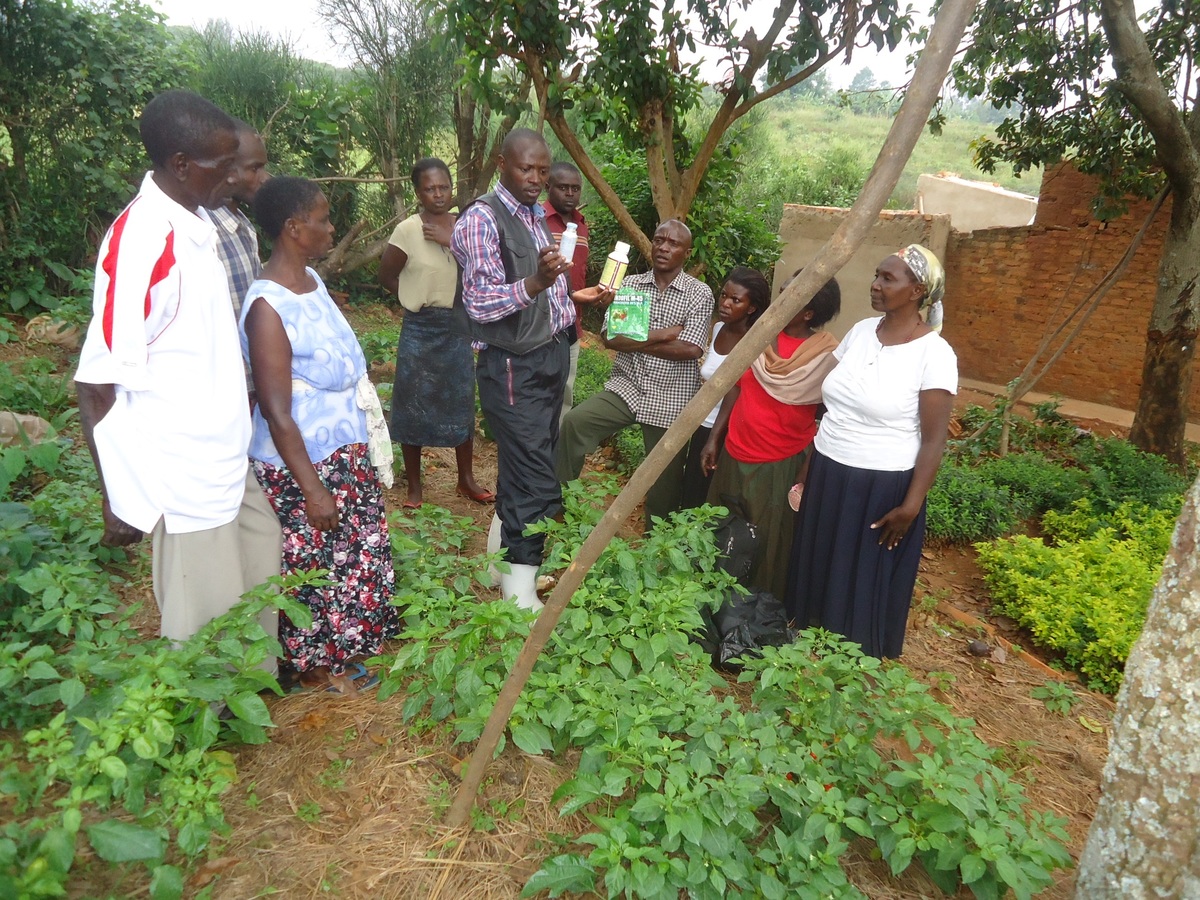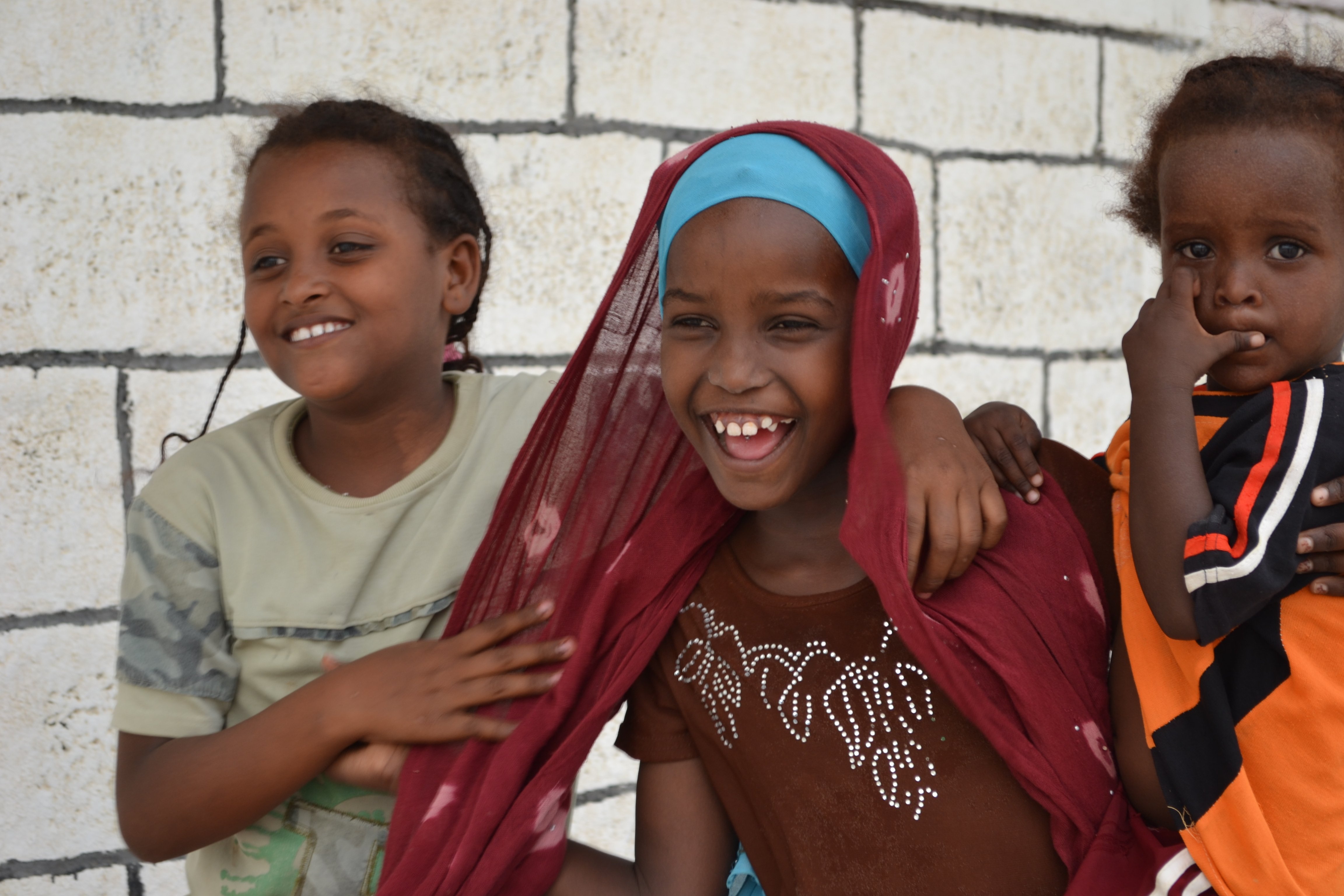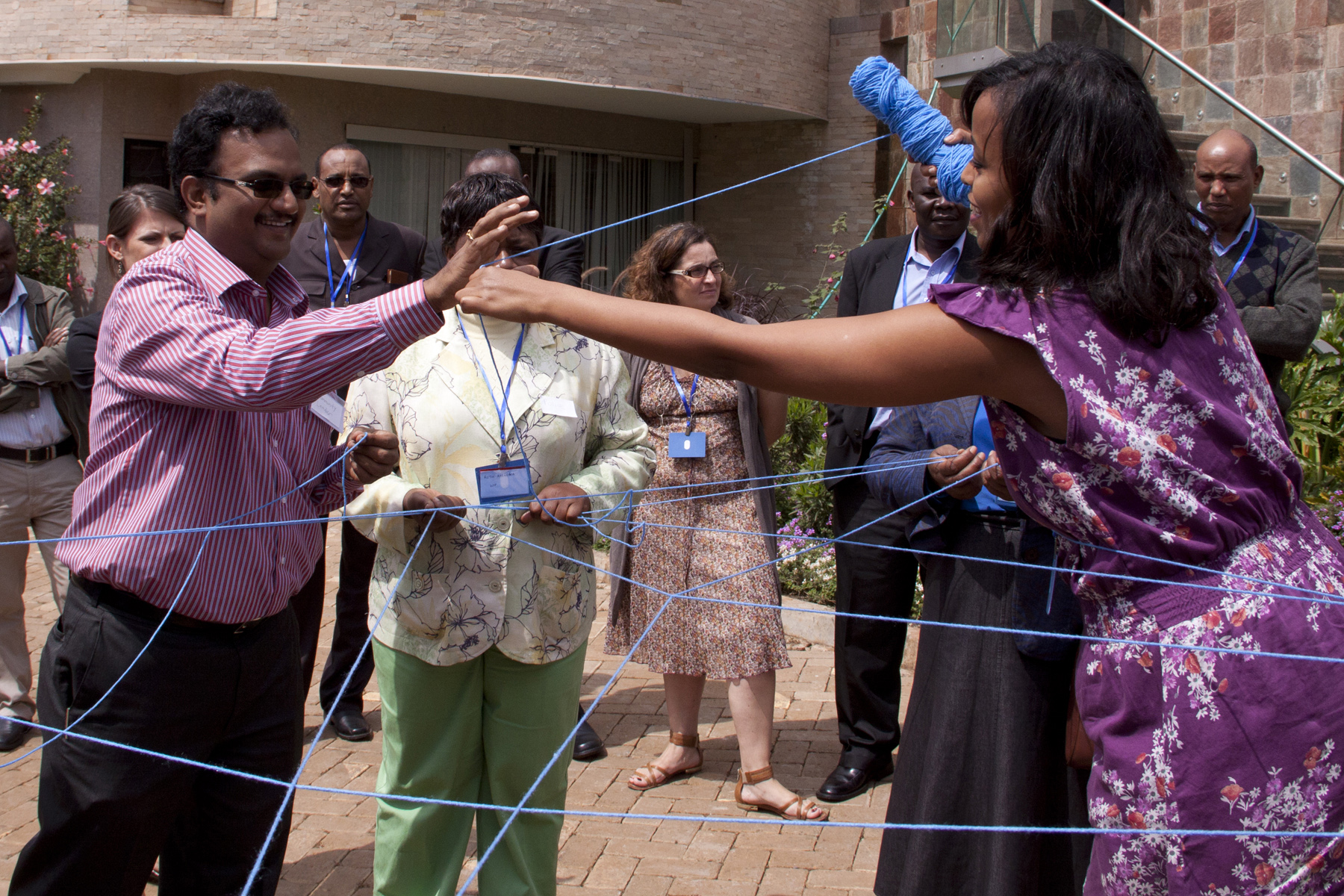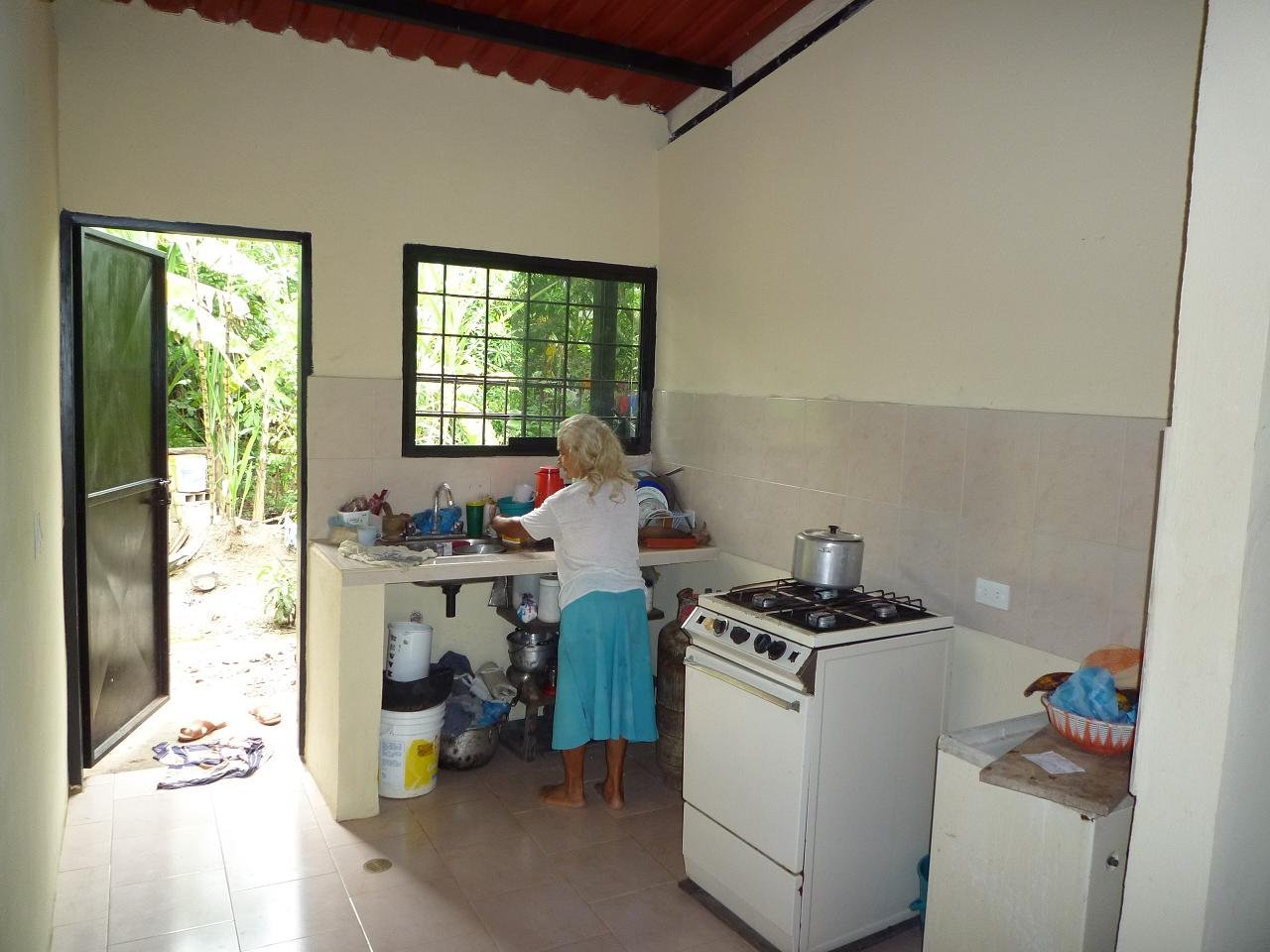Nicaraguan parliamentarians pass key refugee legislation
Nicaraguan parliamentarians pass key refugee legislation

MANAGUA, Nicaragua, June 5 (UNHCR) - Nicaraguan parliamentarians have unanimously passed legislation to protect refugees, after four years of lobbying and close collaboration between the UN refugee agency and the government.
The law, which is apolitical and humanitarian in nature, received the broad support of all major political parties in Nicaragua's parliament, the National Assembly, on Tuesday.
"The passing of the Nicaraguan refugee law demonstrates how the refugee experience of a country can translate into a positive step forward in upholding refugee rights as human rights. It is the expression of the Nicaraguan people to unite in their quest for protecting refugees," said Marion Hoffmann, the Mexico City-based regional representative for UNHCR.
Nicaragua has a long tradition of providing international protection to refugees and has worked very closely with UNHCR over the years. During the 1980s and 1990s, substantial numbers of refugees from other Central American countries received asylum in Nicaragua.
More recently, asylum seekers from Africa and Asia, in addition to countries in the Western Hemisphere, have sought protection in Nicaragua. During past decades, Nicaragua itself was a refugee-producing country.
Nicaragua ratified the 1951 Refugee Convention and its 1967 Protocol in 1980. René Núñez Téllez, president of the National Assembly, explained that Nicaragua's political constitution contemplates asylum and refugee protection and noted that Nicaragua has also endorsed the Cartagena Declaration of 1984 and is party to regional asylum instruments.
"The Law for the Protection of Refugees addresses important concepts such as the refugee definition, non-discrimination, the principle of family unity, the principle of non-refoulement [no forced return], the prohibition of expulsion and the role of UNHCR, among others, which capture the intent of the constitution as expressed over 20 years ago," Téllez said.
The new law also contemplates legal counsel for asylum seekers, particularly unaccompanied minors and vulnerable adults; the right of asylum seekers and refugees to work and to access all state services; the obligation of immigration officers, the police and the armed forces to identify and promptly refer asylum seekers to the eligibility procedure established in the law; and alternatives to the detention of undocumented asylum seekers.
"This law represents the spirit of the Nicaraguan people; it reflects our tradition of hospitality," said National Assembly member, Salvador Talavera, a former refugee. Fellow legislator Carlos Gadea stressed that the new law was the product of "non-partisan collaboration and a humanitarian spirit which cuts across party lines."
Congressman Agustín Jarquín said passage of the law "substantially strengthens the legal framework which has underpinned Nicaragua's tradition of granting asylum and humanitarian assistance to those who are forced to flee their countries of origin." The legislation would also facilitate the "protection and local integration of long-staying refugees in the country," noted another assembly member, Francisco Valenzuela.
Nicaragua is located along a major migration route to the United States and Canada. UNHCR has noted that refugees and asylum seekers are moving within the massive migratory flows that cross the region.
In recent months, asylum seekers from Angola, Eritrea, Ethiopia, Pakistan, and Somalia have arrived in Nicaragua, some having stowed away on ships in Africa. The Nicaraguan refugee law will assist authorities in identifying and assisting those persons who are in need of international protection.
Reverend Gustavo Adolfo Parajón of UNHCR's civil society partner in Nicaragua, CEPAD, said he hoped "Nicaragua will celebrate the passage of the law during the month of June, in commemoration of World Refugee Day," which falls on June 20.
By Kevin Allen in Managua, Nicaragua

